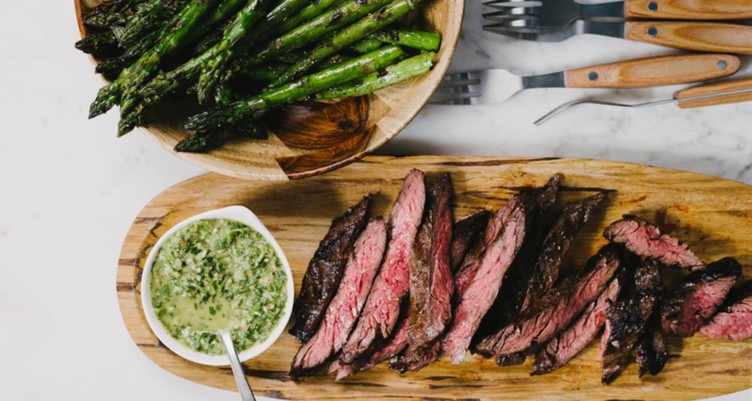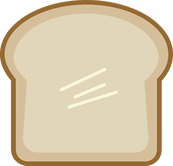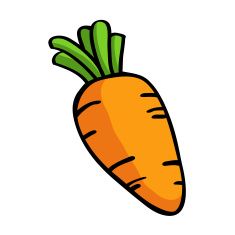The Ketogenic diet is a moderate-protein, low-carb, high-fat diet, which has surged in popularity because of its many benefits. It is one of the most effective weight-loss tools out there. Also, because people are eating delicious, healthy, filling foods and not starving themselves, they can stick with the diet. Other benefits of the ketogenic diet range from stablizing blood sugars, improve mental cognition, more energy, better skin, to combating age related diseases such as Alzheimers and Parkinsons.
The goal of the keto diet is to get the body to produce ketones, which are little energy molecules built from fatty acids in the liver. This fuel souce is used for both the brain and the body very effectively and efficiently. One huge benefit of the ketogenic diet is that once you're keto-adapted, your body provides an endless supply of fat that can be converted into fuel. Another benefit is that fat is a much cleaner source of fuel than glucose, creating fewer free-radicals within the body. It is also the preferred fuel by the brain. However, because it's a low-carb diet, it can often get confused with other diets out there.
What make the Ketogenic diet unique?
This is where it can get confusing for some people. Just because a diet is low carb doesn't mean it's keto. Keto isn't Atkins, Paleo, other low-carb diets or high-protein diets. It is unique in its macronutrient ratio, which is typically 75% fat, 20% protein, and 5% net carbs.
Usually, keto is confused with the Atkins diet, where one initially cuts carb intake to less than 20g per day. Most people think that keto is a high protein diet like Atkins, but it's not.
Usually, keto is confused with the Atkins diet, where one initially cuts carb intake to less than 20g per day. Most people think that keto is a high protein diet like Atkins, but it's not.
How keto is different from other diets:
Ketogenic Diet:
Atkins Diet:
Paleo Diet:
Before You Start a Ketogenic Diet
Whatever your reasons for wanting to start a Ketogenic diet, it's really important that you understand a few things first:
- You'll need to change the way you think about weight loss: eating fat does not make you fat - carbs do
- Keto is not a high protein diet
- You need to be strict at the beginning until you become "fat-adapted" in order for your body to make that metabolic shift into becoming a "fat-burner"
- You need to eat at least 75% fat, 20% protein, and only 5% net carbs
- Be prepared to track your macronutrients until you adapt so that you'll get a "feel" for how you should be eating
- Keto may not be for everyone. It is not recommended for people who are pregnant or breastfeeding; those with impaired kidney/liver function; gallbladder disease; diabetes Type 1; children, or those with eating disorders. If you have a medical condition, please consult a health care practitioner to find out if Keto is right for you
Tips to Get Started
Don't try to start this diet gradually - it's not really something that you ease in to. You will need to drastically cut your carb intake to between 20g-50g per day. To keep satiated, consume plenty of healthy fats, fibre (mostly in the form of cruciferous vegetables), and moderate amounts of protein. If your goal is weight loss, aim for 1 gram of protein per kilogram of your target weight.
I suggest starting out by making yourself a meal plan and look for keto recipes that appeal to you. Go shopping and stock up on a range of foods that are low in carbs and high in fat, and on foods that you can make quick keto snacks with. You can include foods such as coconut oil, heavy cream, and cheese if you are dairy tolerant,
Next, use an app to track your macronutrients (fats, proteins, carbs). You can find handy online apps that include keto calculators to make tracking super easy so you don't have to calculate everything yourself. Examples are MyFitness Pal or Keto Diet Tracker. In addition to tracking your macros, you may want to pick up some urine test strips to check your ketone production to see how often you are in ketosis.
Finally, include various types of exercise (daily if possible) to help deplete glycogen stores in your body. By doing this, you will train your body to look for fat for energy.
I suggest starting out by making yourself a meal plan and look for keto recipes that appeal to you. Go shopping and stock up on a range of foods that are low in carbs and high in fat, and on foods that you can make quick keto snacks with. You can include foods such as coconut oil, heavy cream, and cheese if you are dairy tolerant,
Next, use an app to track your macronutrients (fats, proteins, carbs). You can find handy online apps that include keto calculators to make tracking super easy so you don't have to calculate everything yourself. Examples are MyFitness Pal or Keto Diet Tracker. In addition to tracking your macros, you may want to pick up some urine test strips to check your ketone production to see how often you are in ketosis.
Finally, include various types of exercise (daily if possible) to help deplete glycogen stores in your body. By doing this, you will train your body to look for fat for energy.
Keto Adaption Does Not Happen Overnight
Becoming keto-adapted is a complex, metabolic process which doesn't happen overnight. Although you can be in "ketosis" in a few days, it doesn't mean that your body is maximizing the use of ketones. It takes quite a bit longer for the body to get used to burning fat and ketones as its main source of fuel, and is different for everyone. Be patient and stick with it and you will be reaping the benefits before you know it!






 RSS Feed
RSS Feed